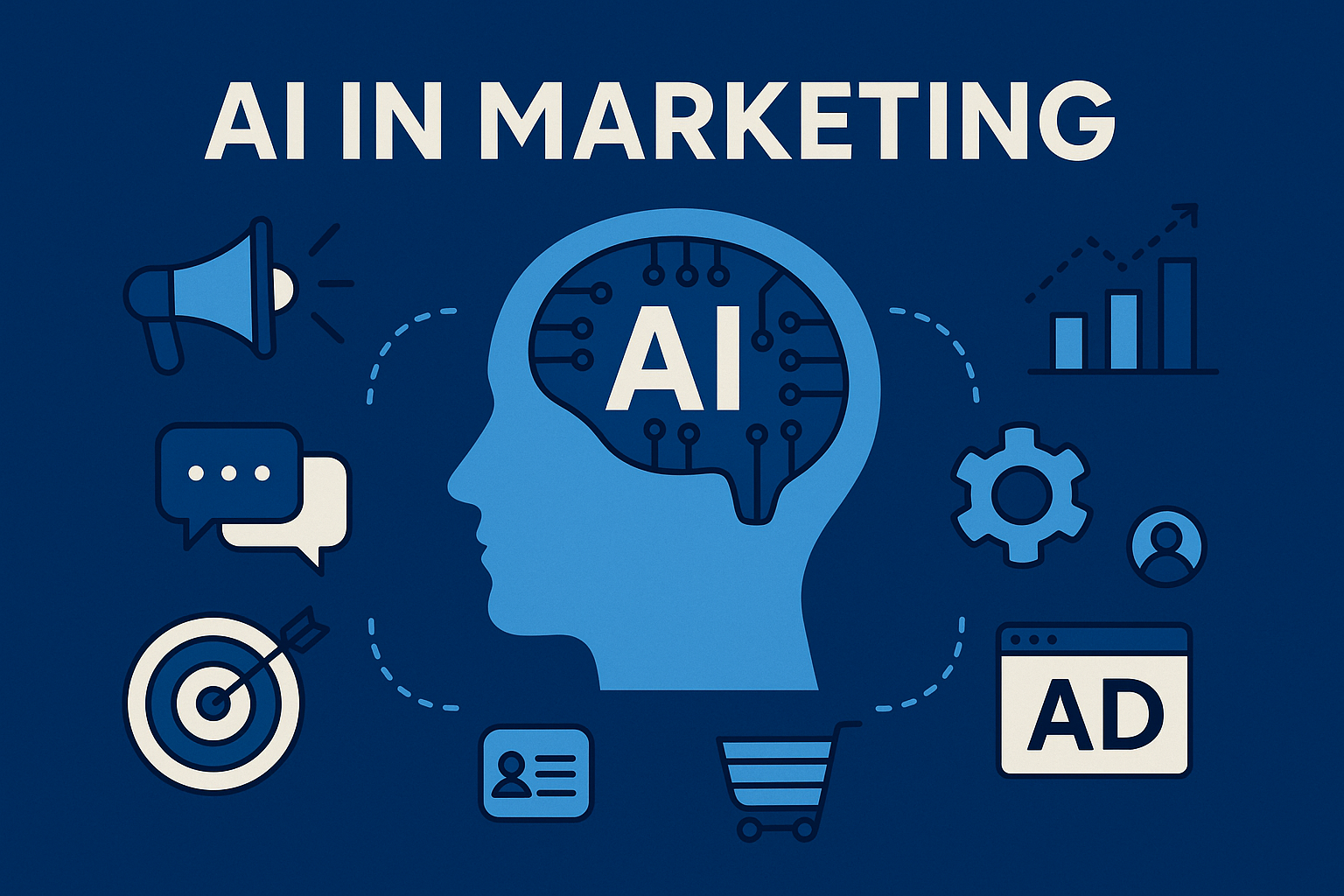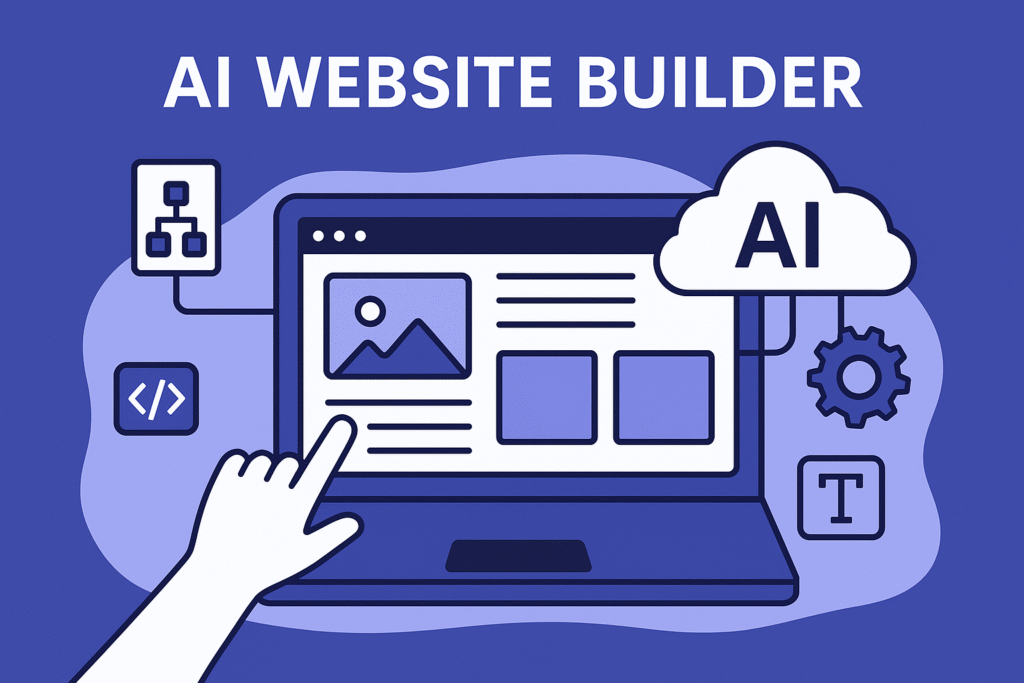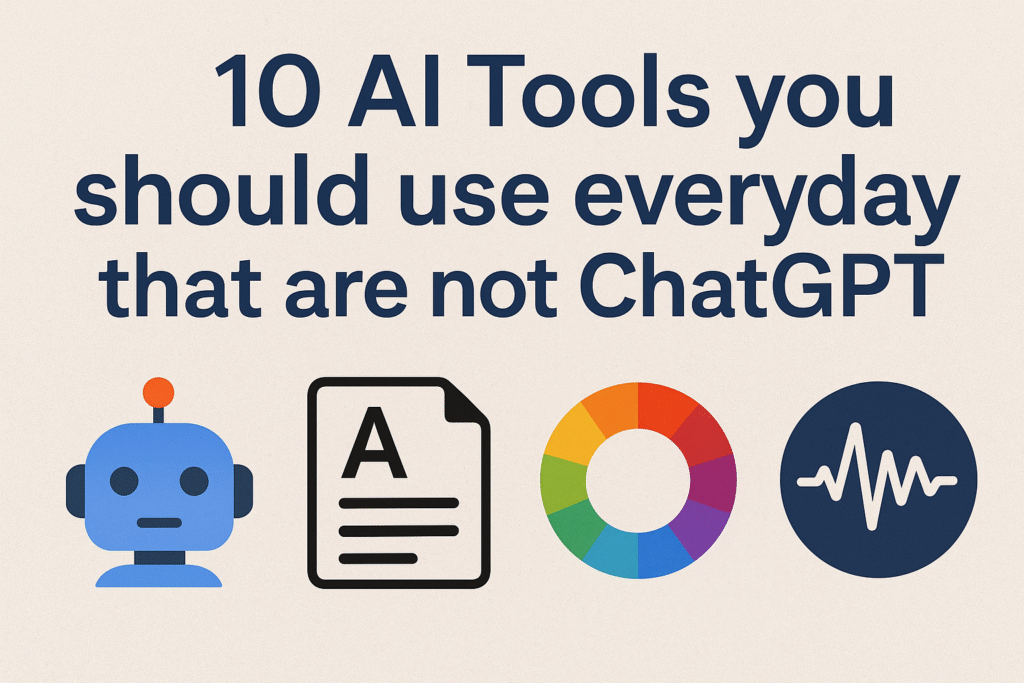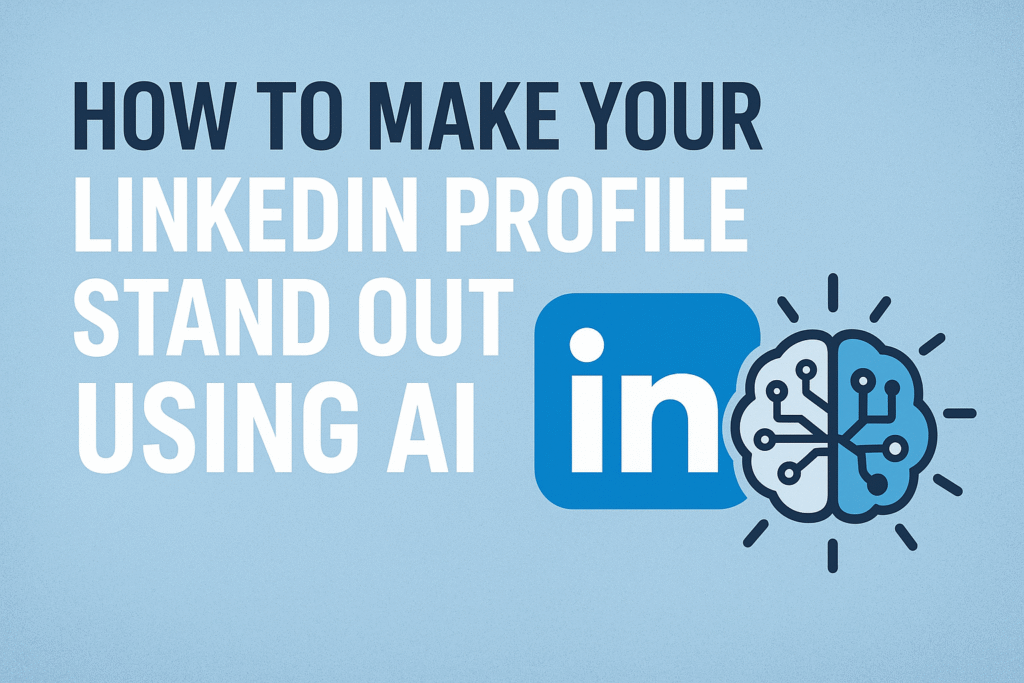A few months ago, one of my friend who runs a small company was struggling to manage employee records, leaves, and payroll. He had everything scattered, data in Excel, some in WhatsApp messages, and some in old email threads. It was becoming a mess. I suggested him to try an Human Resource Information System (HRIS) tool and within a few weeks, things became so much smoother for him. That experience made me realized how helpful HRIS can be for businesses.
When you run a business, there are many things you need to manage when it comes to employees like hiring, salaries, leave tracking, performance, and more. Doing all this manually can be time-consuming and messy. That’s where HRIS comes in.
What is HRIS?
HRIS stands for Human Resource Information System. It’s software that helps store and manage employee related information. Instead of using spreadsheets or paperwork, everything is managed digitally from employee records to salary and attendance.
In short, HRIS helps HR teams to doing the work faster, avoid mistakes, and keep everything organized.
Benefits of Human Resource Information System
Here are some benefits of HRIS:
- Saves time – It does regular work like salary, attendance, and leave tracking automatically, so you don’t have to do it manually every time.
- Fewer mistakes – Since most things are automated, there’s less chance of human errors.
- Everything in one place – You don’t have to search different files or documents. All employee info is saved in one system.
- Helps in better decisions – It gives you reports and data that help in planning and managing the team better.
- Follows rules easily – It helps make sure your company follows labour laws and policies the right way.
Types of HRIS Software
Different companies have different needs, therefore, HRIS also comes in a different types. Here is the list of main HRIS Software:
- Operational HRIS – This type is used for daily HR work like marking attendance, handling payroll, and keeping employee records.
- Tactical HRIS – This one helps with things like hiring new people, training employees, and checking how they’re performing.
- Strategic HRIS – Companies use this type when they want to plan for the future, like deciding who to promote or when to hire more staff.
- All-in-One HRIS – This type has everything daily work, hiring, planning, and more all in a single system.
Functions of HRIS
- Keeping employee details
You don’t need to maintain files or search old emails. HRIS lets you store all employee info like their name, phone number, job role, date of joining, etc. in one place. - Handling salary
It helps in the calculations of salary automatically. It also manages deductions, bonuses, and even creates pay slips, so you don’t have to do it manually every month. - Checking performance
With HRIS Tool, managers can give feedback and keep a record of how employees are doing over time. It’s helpful during appraisals or promotions. - Training and learning
It keeps a record of which employee has finished which training and what new skills they need. So it becomes easy to plan employee’s learning and growth. - Hiring and onboarding
HRIS really streamlines the hiring process. Instead of juggling resumes and scheduling interviews on your own, HRIS does a lot of that for you. You can manage job applications, schedule interviews, and even send offers all through the system. - Making reports
By using HRIS, you can create reports quickly whether it’s for salary, attendance, or performance. These reports help in planning and making decisions without wasting time.
HRIS Examples
There are quite a few HRIS tools out there, and some of the most popular ones are:
- Bamboo HR – This one is perfect for small to mid-sized businesses. It does all the basic HR tasks like keeping employee records and tracking time.
- SAP Success Factors – This is for big companies that need a full HR solution. It’s a bit more complex, but it covers everything from payroll to performance tracking.
- Zoho People – This one is budget-friendly and works great for growing businesses. It offers solid features without breaking the bank. I suggested this to a startup owner last year, and they loved how affordable it was while still having everything they needed to manage their team.
- GreytHR – Popular in India, this tool is great for payroll and attendance tracking. I’ve used it for a while myself and found it very useful for keeping track of employee attendance and calculating salaries. It makes payroll processing so much easier, and the reports are clear and easy to understand.
Difference between HRIS and HRMS
| Point | HRIS | HRMS |
|---|---|---|
| Main Focus | Stores employee info and handles basic HR tasks like attendance, leaves, etc. | Includes everything in HRIS plus advanced features like payroll, shift planning, and performance management. |
| Features | Simple and good for daily tasks without too many extras. | Comes with more tools like salary management, recruitment, training, and benefits. |
| Ease of Use | Easy to use and set up, ideal for small teams or companies. | Takes more time to set up and learn because it has more features. |
| Company Size | Best for small to medium businesses with basic HR needs. | Suited for large businesses needing full HR automation. |
| Cost | More affordable due to fewer features. | More expensive but offers a complete HR solution. |
HRIS Analyst Role
An HRIS Analyst is the person who looks after the HRIS system in a company. Their job is to make sure the software runs smoothly and helps the HR team work better. Their work includes:
- Manage the HRIS system.
- Keep employee data updated and accurate.
- Create reports and dashboards for the HR team.
- Solve problems if the system has any issues.
- Make sure the data is secure and private.
- Help train others on how to use the system properly.
- Report and analyze attrition rates.
Conclusion
Honestly, using an HRIS just makes HR work easier. Things like keeping employee details, managing salaries, or checking leaves become simple and less confusing. I feel it really saves time and helps avoid mistakes, especially if you’ve been doing all this manually or on Excel.
If you’re still handling HR stuff in the traditional way, maybe it’s time to give HRIS a try. It really helps once you get used to it.
FAQs
1. Is HRIS useful for small businesses?
Yes, many HRIS tools are made especially for small and medium businesses.
2. Can I customize an HRIS system?
Yes, most tools let you customize things as per your needs.
3. How much does HRIS cost?
Prices vary, some it starts from ₹100 per employee per month.
4. Is the data stored safely in HRIS?
Yes, most modern HRIS systems use cloud storage with strong security.
5. Can remote teams use HRIS?
Yes, most HRIS tools work online and also have mobile apps.










